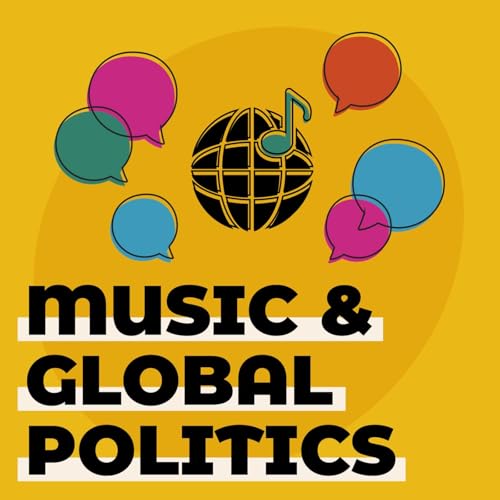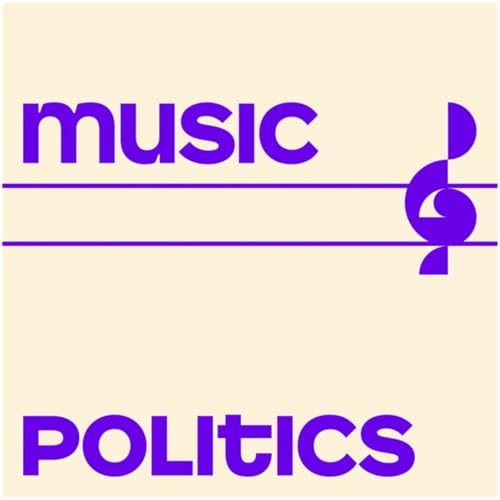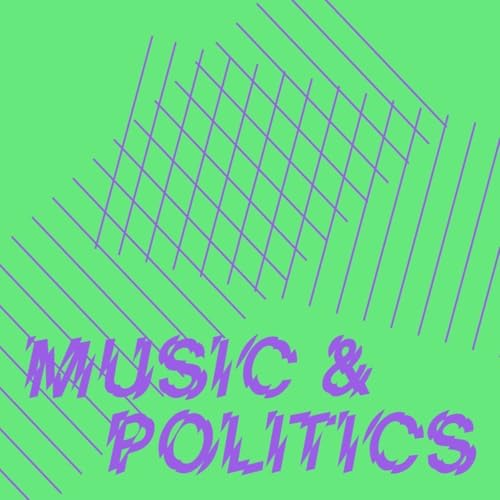The two musical selections you hear are both compositions of Christian Kolonovits:
- The Soundtrack to the Film "North Face"
- Musical Preview of the Erl Passion Play.
If you are interested in learning more about the Passion Plays, please have a look at my book length review of Oberammergau:
https://mellenpress.com/book/Adam-J-Sacks/9848/
The Passion Play is the original living theater, a ritual of belief in and of community and of course the theatrical chronicle of the last week, death and resurrection of Jesus of Nazareth, The oldest in Europe is 422 years old and takes place every six years in Erl, Austria, just now completing its five month run. This story has been told for millenia, and its transition into theater goes back to the first living nativity scenes, some believe started by St. Francis himself in Greccio in 1223.
The Passion Play’s is Europe’s first major theatrical endeavor since Greek Tragedy. Even with an interim of a millennium and a half, it bears many marks of ancient Greek theater. Earliest references to the Passion Plays of the Alps region of the early 1600s often refer to it as a "tragedy." Indeed, it emerged out of the conditions of wartime and plague of the Thirty Years War which absolutely ravaged Central Europe. The central dramatic crux of this Catholic Passion play is the death of a child at the hands of its parents, as found in Orestia and Medea and the drama of denial or recognition of divine incarnation as most clearly seen in the Bacchae of Euripides.
The Passion Play is also one mammoth piece of folk art; though on a monumental scale, 30% of the host town is involved and not just as actors, as almost every role is cast for two. Most of the sets and costumes are also handcrafted by locals, The recurrence every half decade or so more resembles a religious pilgrimage, subverting any facile boundary between theatrical make believe and the “true myth” of religious ritual.
The production in Erl is distinct from its slightly more renown neighbor in Oberammergau across the border in Bavaria. Erl is actually older, performed more frequently (every six instead of every ten years) and unlike Oberammergau it does not deliberately eschew advanced technology. Erl by contrast feels like a moving film set in full surround. The role of the music this year puts this contrast in ever sharper relief. The talents of composer Christian Kolonovits, author of the film score for the film Northface were retained by the production for the first time. An austro-pop master and leader in the field of pop-orchestral crossover, such as his work with the Scorpions, his soundtrack, played by 40 orchestra members all either born or now living in Erl, is embedded inside the staging and provides narrative arc as significant as the newly written text itself. The actors confirmed that the music provides the drama of living film, and provides a constant pulse to enliven their acting.
The presence of microphones and electronic instruments are only the sonic tip of the ice berg when it comes to the marked ideological and theological clash between the two productions. Erl is adamantly modern in its techniques but also defiantly traditional in its postulates of plot and characterization, if at a much quicker pace, what was once six hours now takes around 2. This is the Passion Play as a modern, but unreformed tell all. Indeed, every Sunday on stage, the largest parterre in Austria, the production is preceeded by a Mass. The priest is quick to point out the similarity in content between his mass and the passion play.
 1 hr and 7 mins
1 hr and 7 mins 59 mins
59 mins Jan 18 202640 mins
Jan 18 202640 mins 1 hr and 7 mins
1 hr and 7 mins 1 hr and 21 mins
1 hr and 21 mins 47 mins
47 mins Aug 9 202539 mins
Aug 9 202539 mins 38 mins
38 mins
